Partnership is built on mutual respect, 'high complementarity' of economies
Noting that China and Brazil are committed to deepening their ties, Marcos Galvao, Brazil's ambassador to China, highlighted the strong trade ties and mutual respect that have defined the partnership, calling for more investments from China.
As this year marks the 50th anniversary of the establishment of diplomatic relations between China and Brazil, "President Xi Jinping's visit (to Brazil) was the culmination of the celebrations that have been preceded by the visit of Brazil's Vice-President Geraldo Alckmin (to China) in June and by the holding of the high-level committee that we have between the two countries", Galvao said.
"China and Brazil are both major countries," he told a forum last week organized by Renmin University of China's Chongyang Institute for Financial Studies. "We need to work together to push for further reforms in global governance on the G20 platform, making the G20 more effective, inclusive and equitable."
One of the key focuses of the just-concluded G20 Summit in Rio de Janeiro was tackling poverty.
"Poverty reduction is something that both our countries have managed to do successfully," Galvao said.
He referred to Brazil's successful poverty reduction programs, such as the Zero Hunger initiative, which was launched by President Luiz Inacio Lula da Silva during his first term, with the goal of eradicating hunger and extreme poverty.
In 2023 alone, 8.7 million people were lifted out of poverty in Brazil, while extreme poverty dropped from 5.9 percent to 4.4 percent, Brazil's Institute of Geography and Statistics said in a statement on Wednesday.
China has lifted 800 million people out of poverty over the past few decades, achieving the United Nations' 2030 Sustainable Development Goal on poverty reduction ahead of schedule.
"However, we still have a long way to go, in terms of providing the living standards that our people legitimately aspire to," Galvao said of the two countries.
Reflecting on his more than two years as ambassador to China, Galvao shared his admiration for China's development. "I am impressed with the diversity of China's provinces, the dynamism of its cities," he said. "What I've seen in China is similar to what we have in Brazil."
He emphasized the "high complementarity" between the two economies, which he said are "highly relevant" to each other.
China is Brazil's largest trading partner, and Brazil is China's ninth-largest trading partner. In 2023, bilateral trade between China and Brazil reached more than $180 billion, up 6.1 percent year-on-year, according to Chinese customs statistics.
Chinese foreign direct investment stock in Brazil stands at about $72 billion, with energy accounting for about three-fourths of this investment, Galvao noted.
"One visible aspect of this is the arrival of Chinese electric vehicle companies in Brazil," he said.
Chinese EV maker BYD has had a presence in Brazil for over 10 years, and today, Brazil is BYD's largest market abroad. Another Chinese automaker, GWM, will open a factory in Iracemapolis, Sao Paulo state, in May.
Beyond the automotive sector, China's involvement in Brazil's energy infrastructure is also expanding.
Brazil's electricity consumption is concentrated in its southern and southeastern regions, while the north is rich in hydropower resources. This requires long-distance electricity transmission with minimal power loss.
"We have areas with excess generation capacity, and China has ultra-high-voltage transmission technology," Galvao said.
The Belo Monte phase II transmission project in Brazil — invested, constructed and operated by State Grid Corp of China — is the first overseas project to use Chinese ultra-high-voltage transmission technology, which enables power transmission from the north to heavy electricity usage areas.
Looking back on 50 years of bilateral ties, Galvao said the relationship is built on mutual respect, a result of both "political determination and the efforts of both sides".
"In this world of near-shoring and friend-shoring, in our case, it's a story of trust-shoring — we trust each other," he added.
"We want China to play a role in our re-industrialization, particularly in energy transition and technology development, as we want a stronger, more competitive industry with more value-added products," he said, calling for increased investment from Chinese companies to enhance Brazil's industrial capabilities.








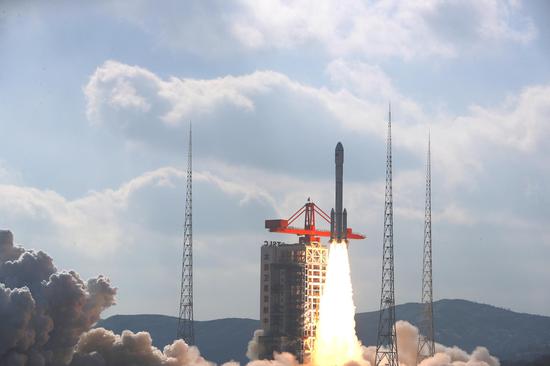



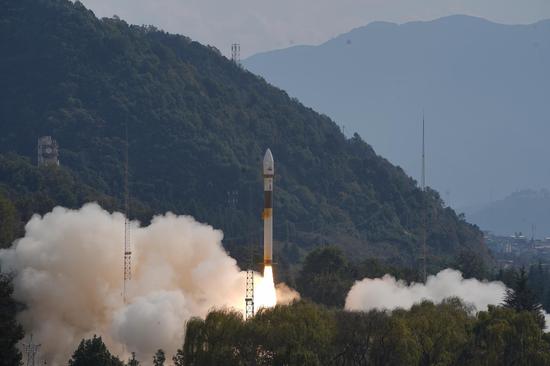
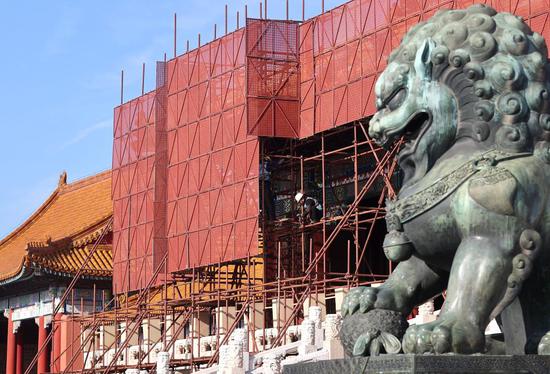
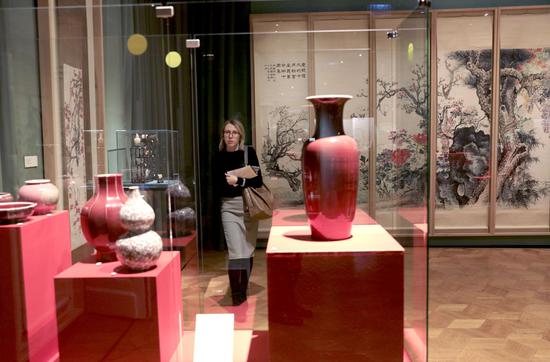

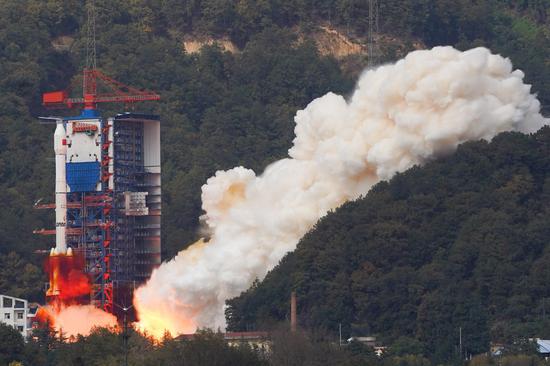
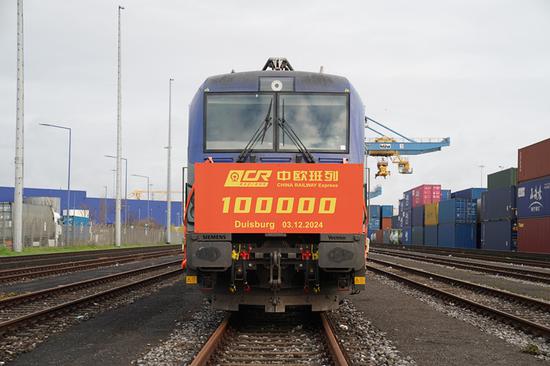
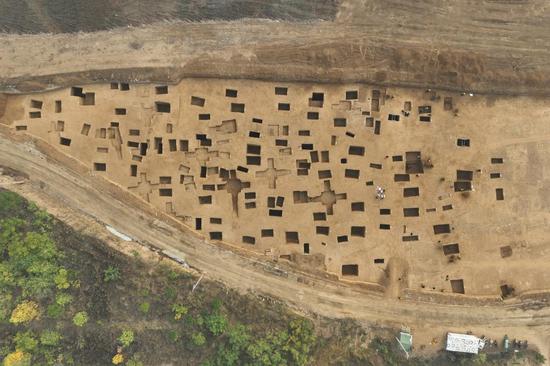
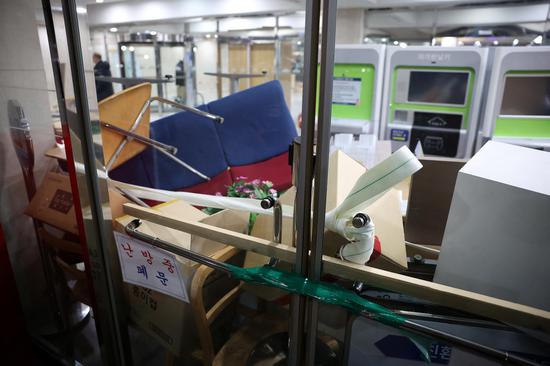





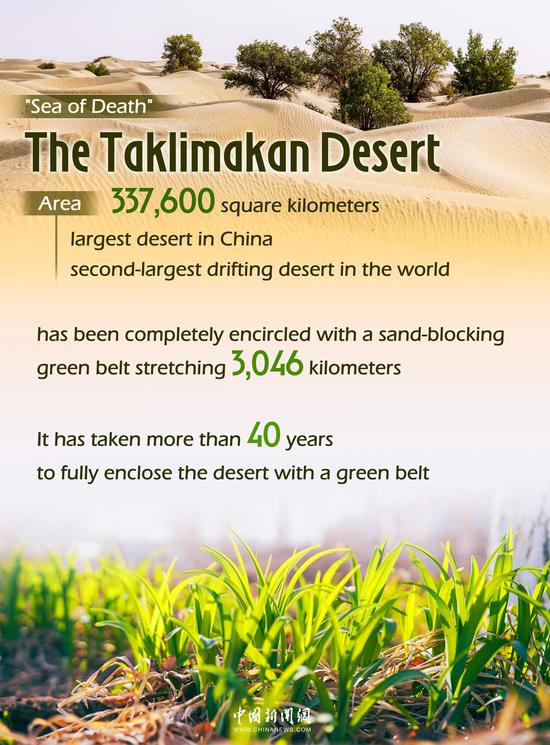
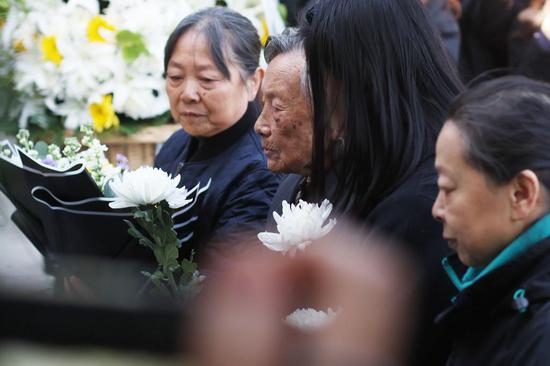

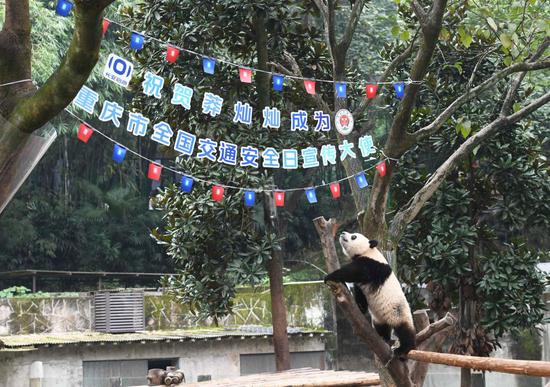
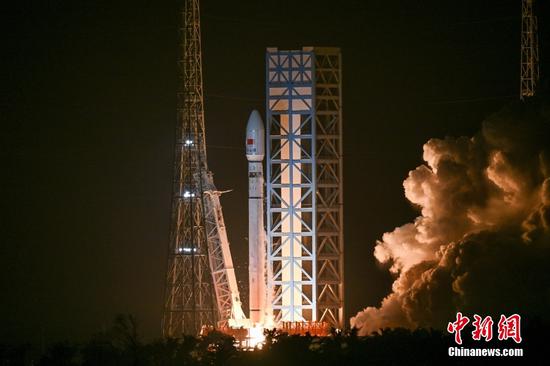

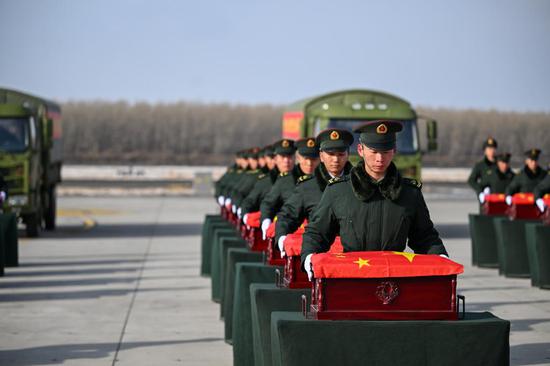
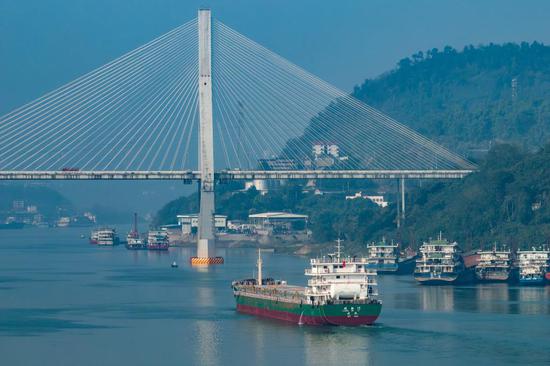
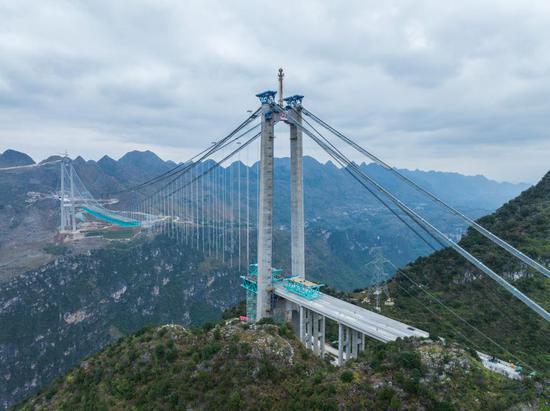

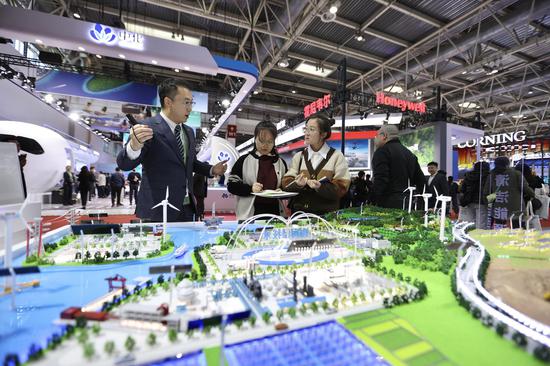
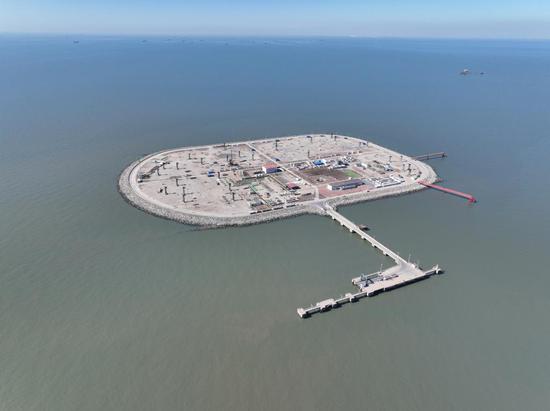

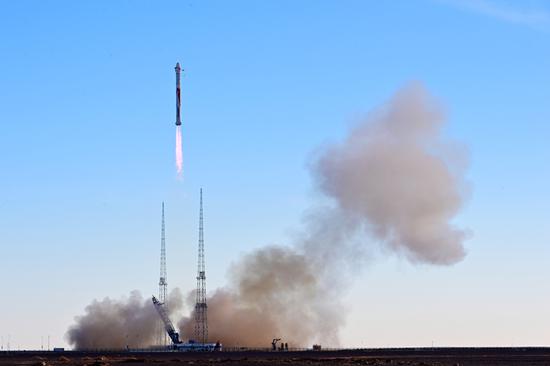
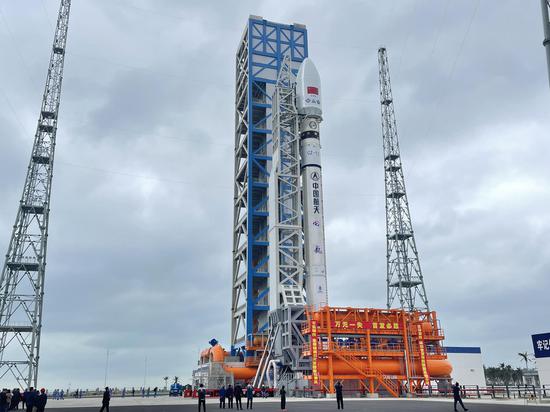
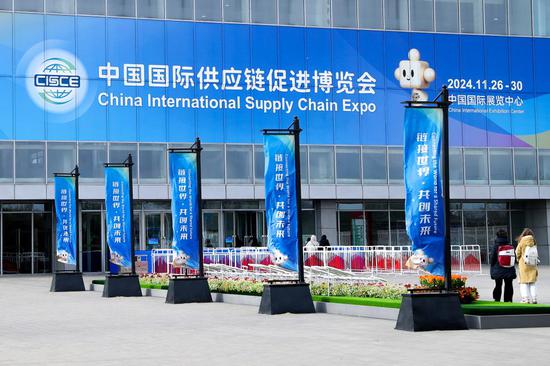
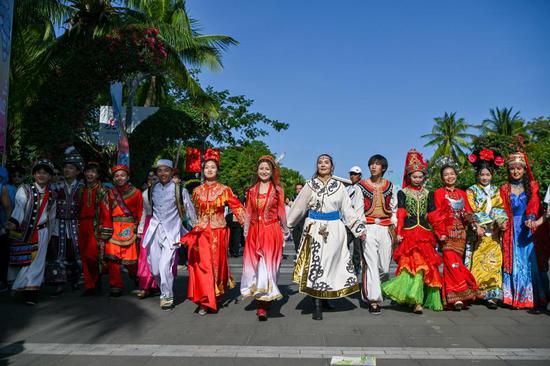

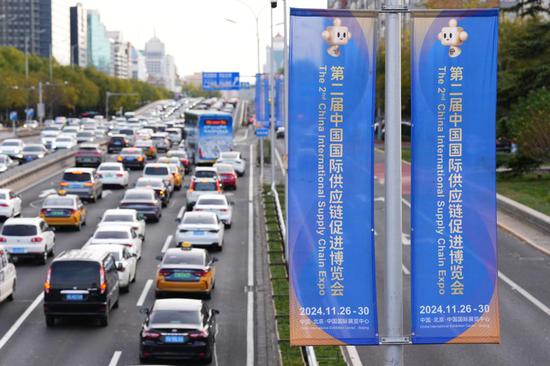




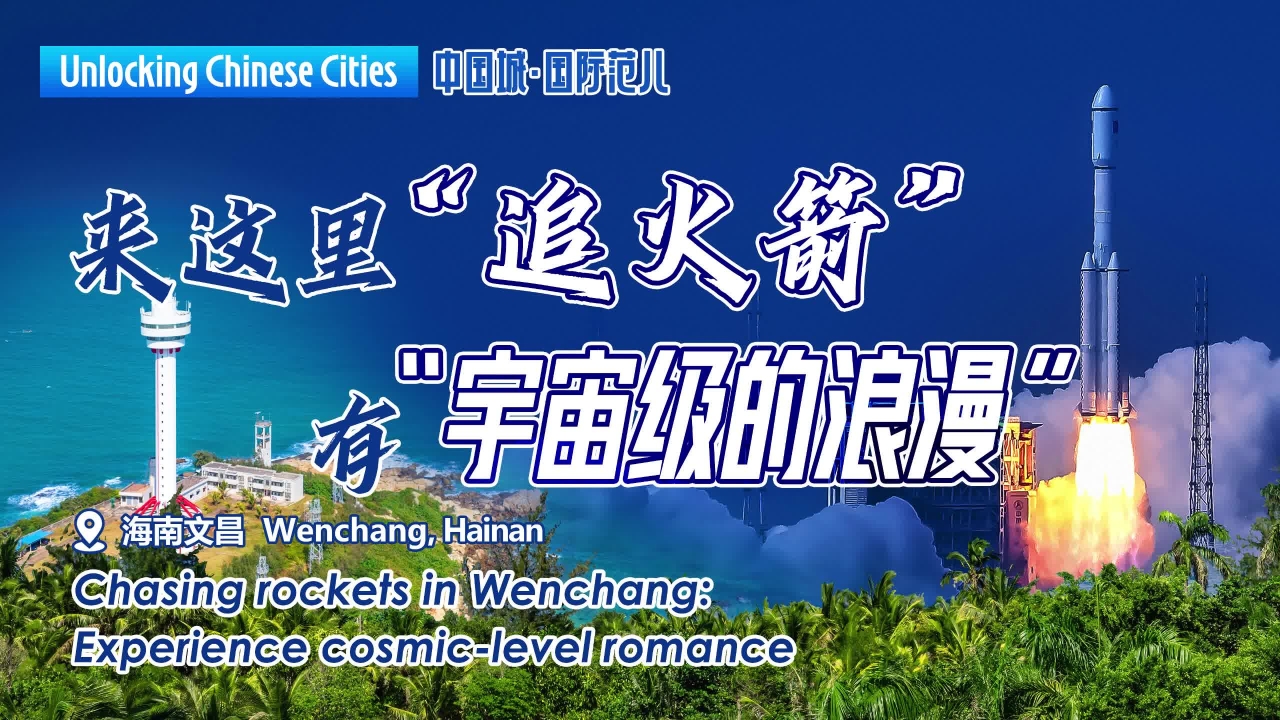

 京公网安备 11010202009201号
京公网安备 11010202009201号